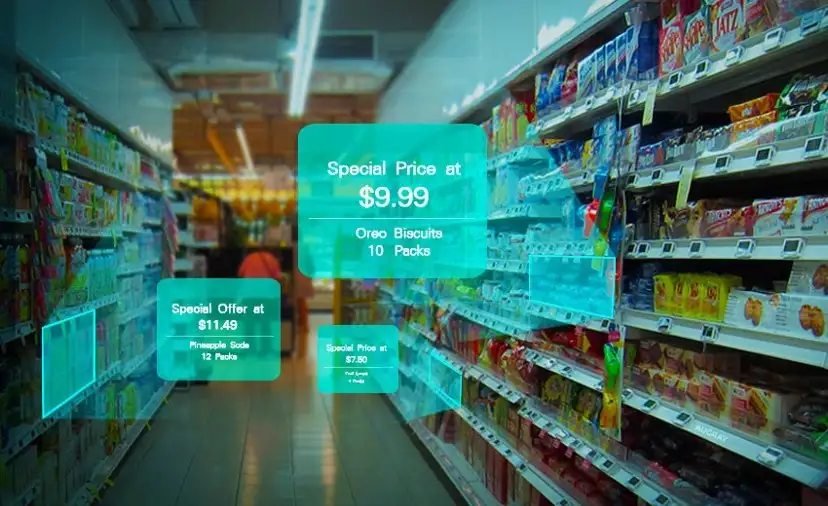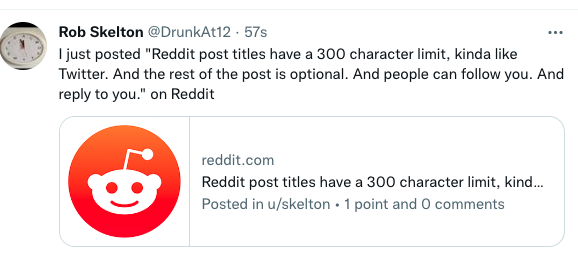We have many ways of communicating with one person – email, SMS, calls, Facebook Messenger, Snapchat and so on. I have several annoying friends who use multiple forms of chat to reach me, often one a few minutes after the other if I don’t respond obediently.
If all of these apps shared a common protocol, and gave permissions to the OS, then the OS could aggregate the communications on a per person basis.
On my phone screen I could see an app named Barry, and clicking on it will show all my communications with Barry in a single, uniform interface. Replying to any of Barry’s messages would default to the app it came via, but that can be changed if I want.
Most of us would have less than 10 people that need a per person app. For business folk, they could perhaps be in folders of type, like potential client, existing client, exec team…


